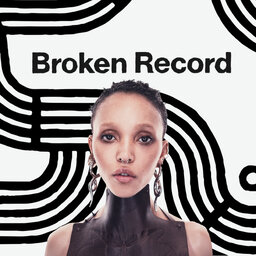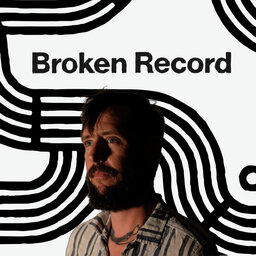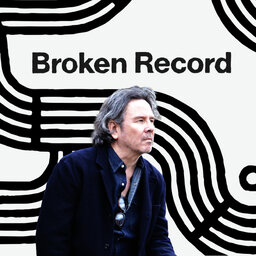Pino Palladino and Blake Mills
Pino Palladino and Blake Mills are renowned session musicians who recently collaborated on their own album, Notes With Attachments. It’s an experimental, jazz-leaning project that blew Rick Rubin’s mind. Pino Palladino is a bass player who has played on records with everyone from D’Angelo to The Who to Adele. Guitarist Blake Mills co-founded the band Dawes in 2005, and he has gone on to release critically acclaimed solo albums and produce records for the Alabama Shakes, John Legend and Fiona Apple.
Three years ago, Pino and Blake started collaborating on what would become Notes With Attachments. The album features other incredible session musicians and pulls from influences as diverse as West African, Cuban, and English folk music.
Rick talks first with Pino Palladino on today’s episode about those wide array of influences, and how hearing Motown music as a young boy in Wales changed his life. Pino also walks us through his evolution to becoming one of the most in-demand session players. Later Blake Mills joins the conversation to talk about collaborating with Pino and why he feels bad for the touring musicians who have to play his bass parts on the road.
Subscribe to Broken Record’s YouTube channel to hear all of our interviews: https://www.youtube.com/brokenrecordpodcast and follow us on Twitter @BrokenRecord
You can also check out past episodes here: https://brokenrecordpodcast.com
Check out our favorite Pino Palladino and Blake Mills songs HERE.
Learn more about your ad-choices at https://www.iheartpodcastnetwork.com
 Broken Record with Rick Rubin, Malcolm Gladwell, Bruce Headlam and Justin Richmond
Broken Record with Rick Rubin, Malcolm Gladwell, Bruce Headlam and Justin Richmond


